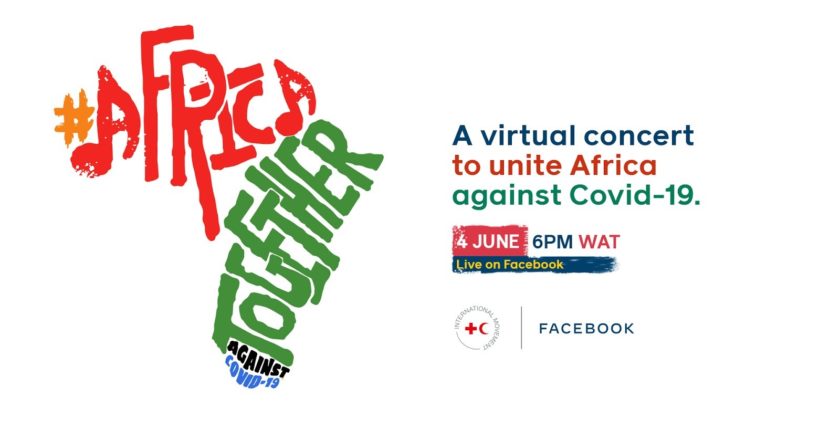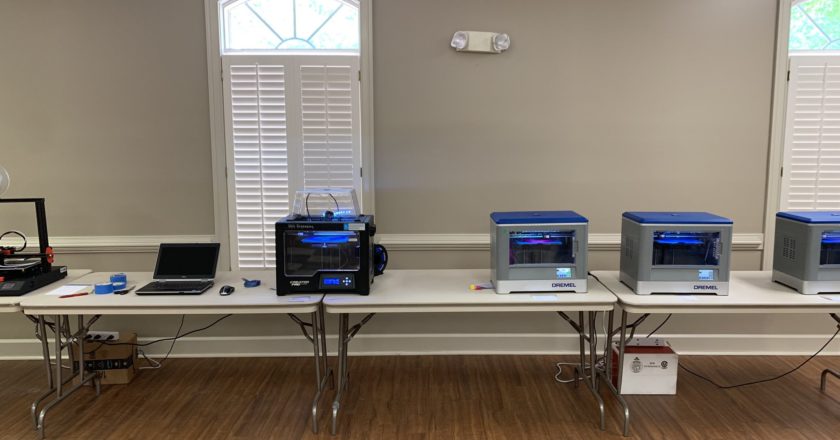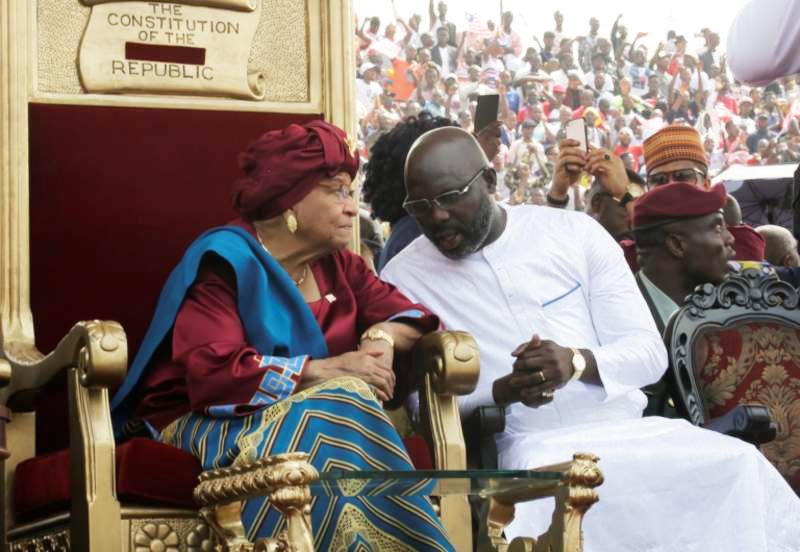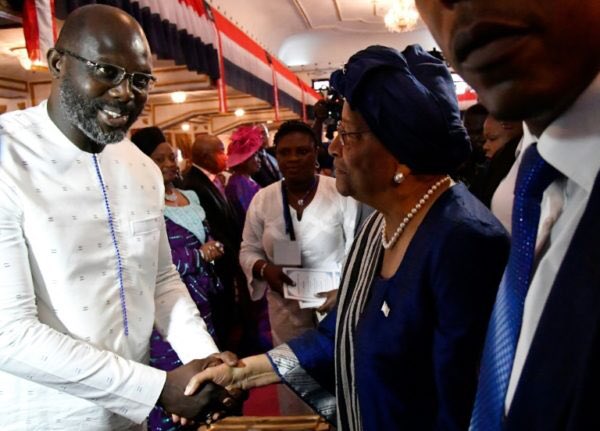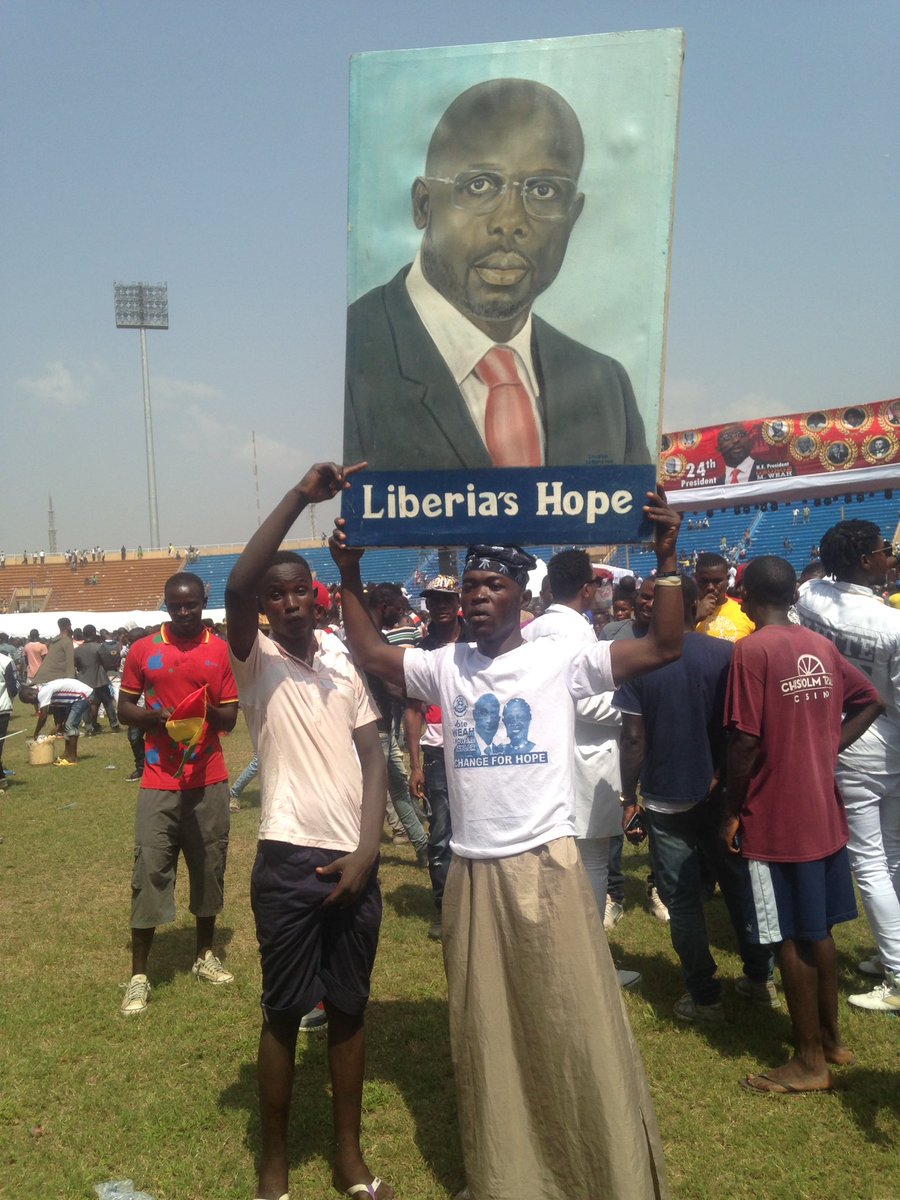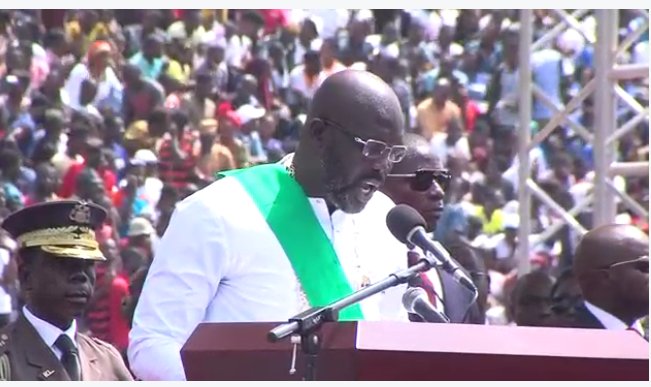Facebook and the International Red Cross and Red Crescent Movement are partnering to launch #AfricaTogether – a digital campaign and two-day festival on June 4th and 5th featuring artists from across Africa to encourage continued vigilance against Covid-19.
With more than 100,000 Covid-19 cases confirmed on the continent and containment measures easing in many countries, #AfricaTogether combines musical and comedy performances with information from Covid-19 first responders and fact-checkers from across Africa.
#AfricaTogether will include a festival with performances by artists such as Aramide, Ayo, Femi Kuti, Ferre Gola, Salatiel, Serge Beynaud, Patoranking, Youssou N’dour amongst many others, as well as a digital awareness campaign with prevention messages developed with Red Cross and Red Crescent health experts and targeting simultaneously Facebook users in 48 countries across sub-Saharan Africa.
The event will be streamed on Facebook Live on the 4th June in English and hosted by the Nigerian popular actor and comedian Basketmouth and in French on the 5th June by the renowned media personality Claudy Siar. To watch the live shows, viewers can tune in to the Facebook Africa page (https://bit.ly/2ZWnbBO) and Red Cross and Red Crescent Facebook pages.
Commenting, Mamadou Sow, a long-serving member of the International Red Cross and Red Crescent Movement said, “The Covid-19 pandemic is an unprecedented crisis in that it can affect us all, and ignores borders, ethnicities, and religions. African communities so far have responded quickly, but the risk remains very real. If we all do our part, we will beat Covid-19. Music is a powerful uniting force and we hope that the #AfricaTogether festival will bring renewed hope and action against this dangerous disease.”
Adding her voice to the initiative, Jocelyne Muhutu-Rémy, Facebook’s Strategic Media Partnerships Manager for Sub-Saharan Africa said: “The spike in the use of online tools during the Covid-19 pandemic shows the social usefulness of digital platforms in difficult times. We are seeing many incredible initiatives from artists bringing their communities together on Facebook Live. The #AfricaTogether campaign will enable people to learn more about fighting Covid-19, while enjoying entertainment from their favourite African performers. We will be spreading joy in a way that doesn’t spread the disease.”
This event is one of the many ways that Facebook and the International Red Cross and Red Crescent Movement are both contributing to the fight against Covid-19 across the continent.
Facebook continues to work with governments across Sub-Saharan Africa, including partnering with organizations like health agencies and NGOs who are actively using its platforms to share accurate information about the situation and launching Covid-19 Information Centers in more than 40 countries, which provides real-time updates from health authorities and helpful articles, videos and posts about social distancing and preventing the spread of the virus.
With a network of more than 1.5 million volunteers and staff across the continent, the International Red Cross and Red Crescent Movement is on the frontlines of combating Covid-19 in communities through information campaigns, providing soap and access to clean water, and supporting health care facilities and workers with training, equipment, and supplies. In parts of Africa, Covid-19 is another layer of crisis on top of conflict, violence, or climate disasters.
